detail profile reza kianian
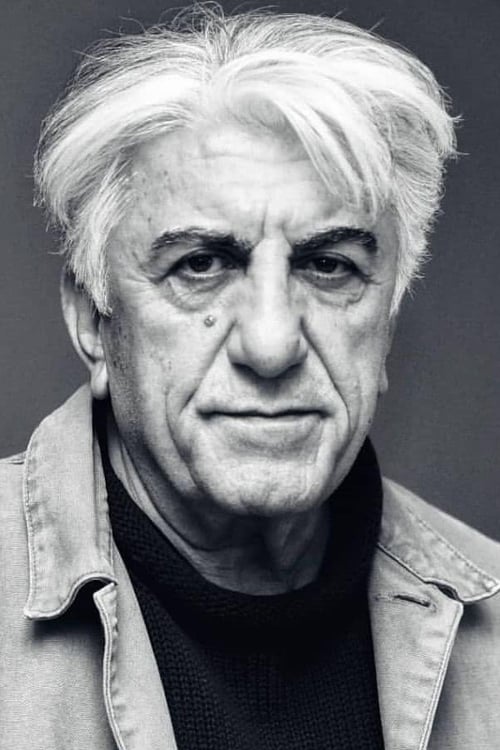
Reza Kianian
رضا کیانیان
atau dikenal sebagai
Riwayat Hidup
Reza Kianian is an Iranian actor.
Reza is the second child of a family of 9; he has 4 brothers and 2 sisters.
When he was 1 year old, the Kianian family moved to Mashhad.
His first acting coach was his older brother, Davood.
In 1965, Davood directed and coached Reza in his first role in a play entitled 'Az Paa Nayoftadeha', written by Gholam Hossein Sa'edi.
He continued to work with Davood's theater troup for the next 3 years, when he moved back to Tehran to study fine arts at the University of Tehran, where he graduated in 1976.
Reza Kianian married his wife - Hayedeh- on March 21 on the Persian New Year in 1983.
Info Pribadi
Peran Yang Di Mainkan Reza Kianian
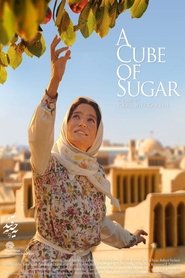 Throughout the two days preceding her...
Throughout the two days preceding her...A Cube of Sugar 2011
Throughout the two days preceding her long-awaited wedding, amid the flurry of arriving relatives and the preparation of a seemingly endless array of colorful, culinary delights, young bride-to-be Pasandide finds herself the center of attention. The event also proves an occasion for extended family to reconnect, reminisce and rejoice in the pleasures of familiar company. The family compound of aged Uncle Ezzatolah proves an ideal site for this summer reunion among three generations, with its lush courtyard gardens, labyrinthine parlors and passageways and erratic electrical system (subject to untimely city blackouts).
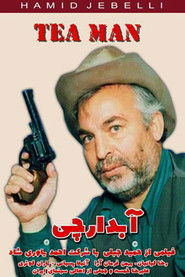 This film is about the interest...
This film is about the interest...Tea Man 2011
This film is about the interest of a person named Ahmed in cinema. Ahmed has been very interested in cinema since his childhood. He started working in cinema as a teenager because of his interest. Ahmed is currently a famous tea man in Iranian cinema.
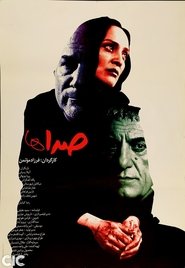 A murder takes place in a...
A murder takes place in a...Sedaha 2009
A murder takes place in a residential complex, and each of the neighbors gets involved in some way.
 Persian Carpet is an omnibus film...
Persian Carpet is an omnibus film...Persian Carpet 2007
Persian Carpet is an omnibus film produced by Iran's National Carpet Center and Farabi Cinema Foundation where 15 renowned Iranian directors contributed films on the subject of Persian carpet. Carpets are the reflection of the cultural and historical identity of Iran.
 After 22 years Aziz decides to return...
After 22 years Aziz decides to return...The Fish Fall in Love 2007
After 22 years, Aziz decides to return to his hometown, to sell some family possessions, including the house where he was born. But for his astonishment, the place is now a small restaurant, run by four women, one of them a girl whom he once dated. Attieh, the girl, tries to convince him not to sell the place by, instead of telling him a story a day as Sheherazade, cooking him a delicious dish every day.
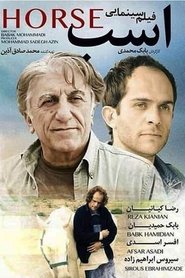 A horse which was used for...
A horse which was used for...Horse 2005
A horse, which was used for religious ceremonies, has grown old and it's been decided to sell it to the slaughterhouse; to be slaughtered The middleman, after hearing the horse's story, refuses to buy it because of his own religious beliefs. The horse breaks away and enters the life of a young depressed drug abuser. The young man's family has broken apart; but ...
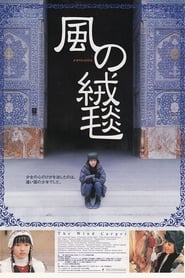 Japan and Iran are not in...
Japan and Iran are not in...The Wind Carpet 2003
Japan and Iran are not in close relationship. More than 4 centuries ago, however, Persian carpets were used in the festival of Takayama, a historic city in mountainous area of Honsyu. A man planned to resume the carpet in the festival, and asked Kinue, a Persian carpet designer, to design it. Kinue's husband, Makoto, is a carpet importer. They send the design to Iran to weave the carpet. But just before Makoto goes to Iran to receive the carpet, Kinue dies of a traffic accident. A month before the festival, Makoto went to Isphahan, Iran, to receive the carpet. He brings his daughter Sakura, who does not open her heart after she lost her mother. To surprise, the carpet production has not even started. It will take 3 months from the start. For Makoto it means he betrays not only the festival planners but also his late wife.
 Golrokh an Iranian author struggles to...
Golrokh an Iranian author struggles to...Killing Mad Dogs 2001
Golrokh, an Iranian author, struggles to settle her husband's debts caused by a business partner who left him to bear the consequences.
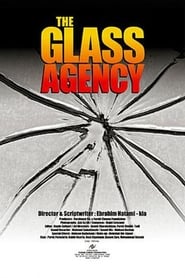 The Glass Agency is the story...
The Glass Agency is the story...The Glass Agency 1998
The Glass Agency is the story of a war veteran living in post war Iran. It depicts veterans who are suffering from social problems after the war. Society does not understand them and the standard social norms are not in harmony with their personalities.
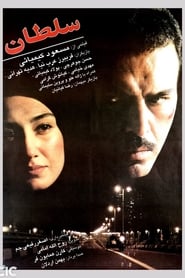 In his last moments Mr Baheri...
In his last moments Mr Baheri...Soltan 1997
In his last moments Mr. Baheri gives his janitor Mr. Koohsari a small piece of land but his sons are after that piece of land. Soltan who is a thief, pick pocketing the janitor's daughter ...
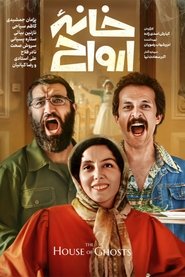 An Iranian romantic comedy
An Iranian romantic comedy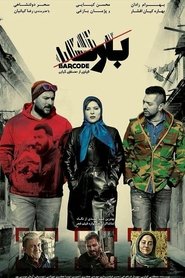 Behind each person is a story...
Behind each person is a story...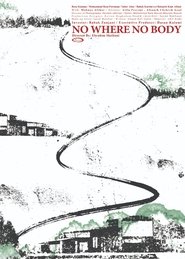 A young couple need easy money...
A young couple need easy money...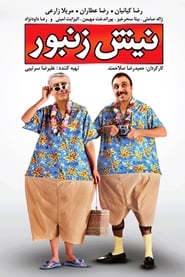 Two swindlers who mostly deceive old...
Two swindlers who mostly deceive old...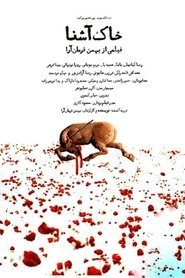 An artists life who lives in...
An artists life who lives in...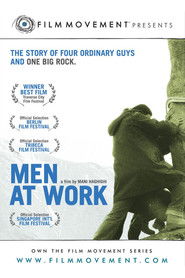 A political allegory on four middleclass...
A political allegory on four middleclass...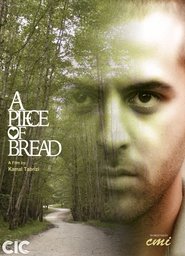 A group of youngsters participate in...
A group of youngsters participate in...